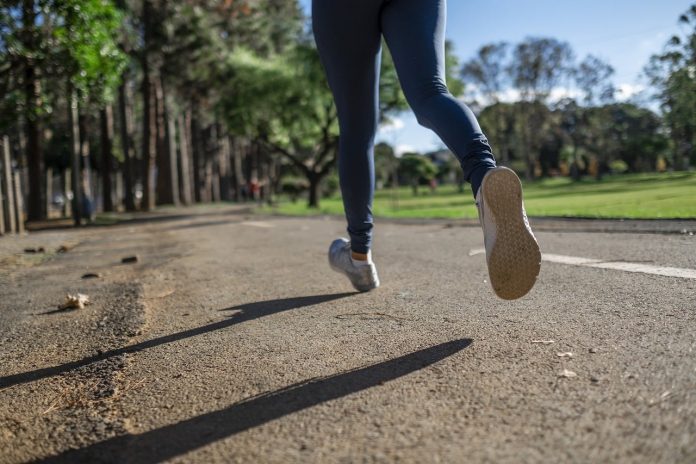There are three ways of stating your age; chronological age (time since birth), biological age (biomarkers in blood and other tissues) and psychological age (how old you feel).
Recent research reported in New Scientist last month found that the age you feel (your subjective age) is a better predictor of longevity than your chronological or biological age.
We all know younger people who think and behave older than their years and seniors who are young at heart. Being young at heart is seriously good for you. A lower subjective age correlates with better health, longevity and general well-being.
Research on centenarians shows that one thing they have in common is a positive attitude. This is much more strongly correlated with long life than any biomarker.
When you ask a person how old they feel, their answer varies with their mood and the circumstances around the question. However, most of us have a baseline subjective age which can be measured.
Dr Alex Zhavoronkov, a researcher at the Buck Institute for Research on Aging in California, has identified factors that predicted subjective age using a large data set, the MIDUS (Midlife in the United States) which included 20 years of data gathered by the US National Institute on Aging.
MIDUS was designed to measure how behavioural, psychological and social factors influence health and well-being with age. Thousands of people aged 25 to 75 were interviewed in the 1990s, 2000s and 2010s. Each time, volunteers were asked more than 1000 questions about all aspects of their lives, including their physical and mental health, well-being, personality, beliefs, social lives and sex lives.
Dr Zhavoronkov and colleagues used artificial intelligence (AI) to search the thousands of answers to find those that best predicted the subjects’ chronological age and secondly their subjective age.
They found that health had the biggest influence on subjective age. Two of the top three predictive questions are: “Does your health limit your ability to do vigorous physical exercise such as running or heavy lifting?” and “Are you taking prescription medication to manage your blood pressure?”
The second-most influential factor in people’s subjective age is how satisfying they expect their sex life to be in 10 years’ time.
The analysis showed that a 60-year-old with a subjective age of 65, for example, is twice as likely as a 60-year-old with a subjective age of 60, to die early.
A study of 17,000 participants over 20 years, led by Professor Yannick Stephan of the University of Montpellier in France, found that individuals felt on average about 15 per cent younger than their chronological age. Feeling 8 to 13 years older was related to about 25 per cent higher risk of early death.
Disease burden, physical inactivity, functional limitations and cognitive problems, but not depression, accounted for most of the association between subjective age and mortality.
The authors said the study provides robust evidence for an association between an older subjective age and a higher risk of mortality across adulthood. It supports the role of subjective age as a predictor of faster aging.
Answering 1000 questions may be bit too much but AI enabled Zhavoronkov’s team to identify 15 questions that estimate a subject’s psychological age.
You might want to try them yourself to find your subjective age. Go to https://www.young.ai/mind-age and complete the questions.
I did and was delighted, although a little sceptical. I am 81, but my subjective age according to the app is 65.



































